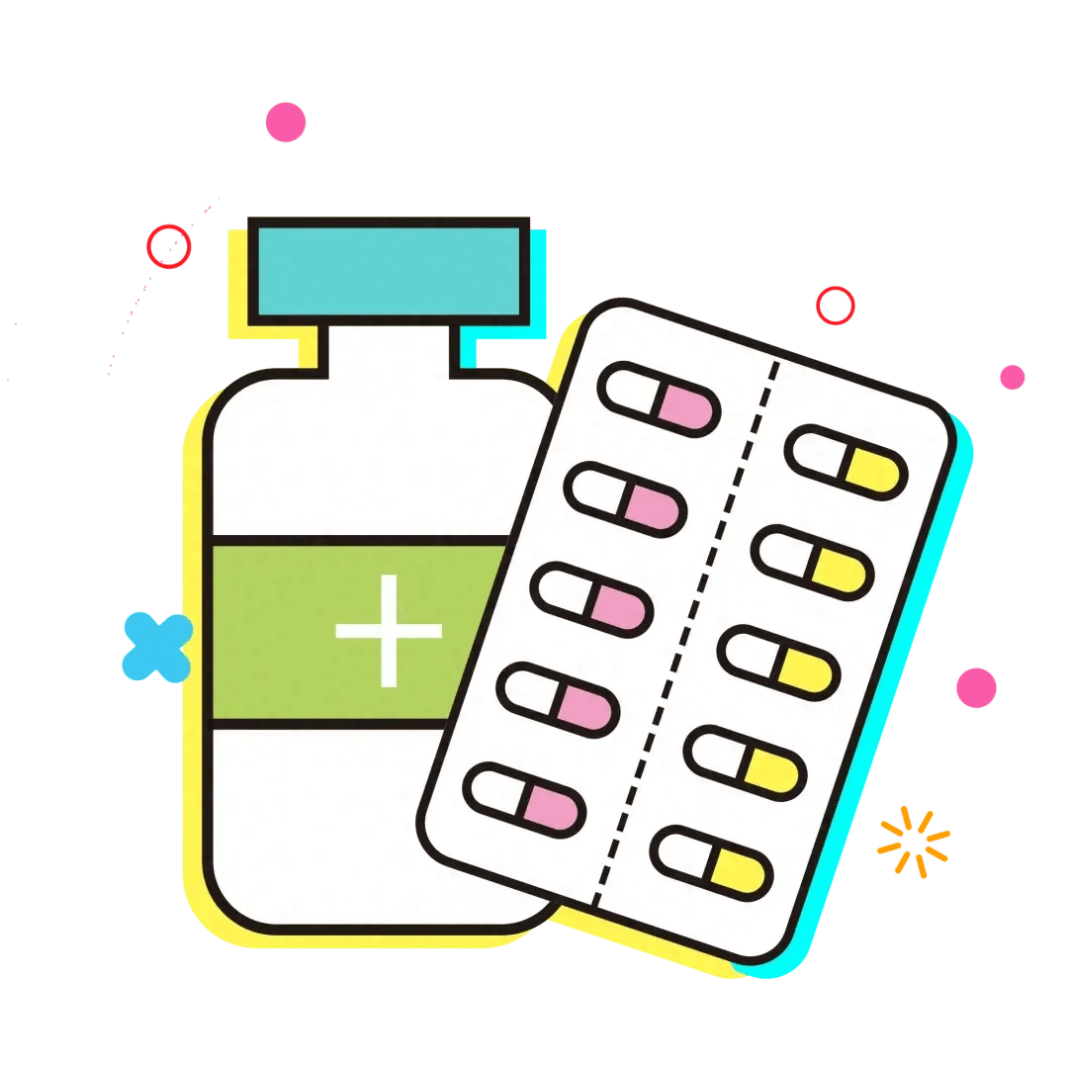The main effects of statins include lowering blood lipids, anti-inflammatory, antioxidant, and anti-thrombosis. They belong to 3-hydroxy-3-methylglutaryl coenzyme A reductase inhibitors, reducing the synthesis of intermediate products in the mevalonic acid metabolic pathway, thereby reducing cholesterol synthesis. They lower plasma total cholesterol and low-density lipoprotein cholesterol.
Statins can be divided into lipophilic and hydrophilic types.
Lipophilic statins mainly include simvastatin, atorvastatin, fluvastatin, and lovastatin.
Hydrophilic statins mainly include pravastatin and rosuvastatin.
Different statin drugs have different pharmacological effects. Statins have positive aspects but also some drawbacks, such as mild liver damage, increased blood sugar, myolysis, or problems like headache, nausea, fatigue, and muscle pain, so the benefits and risks should be weighed when using them.
Which drugs should not be used in combination with statins?
1. Antibiotics:
Patients taking statins should not use macrolides, antifungals such as fluconazole, itraconazole, and immunosuppressants like cyclosporine, as it may increase the risk of rhabdomyolysis.
2. Cardiovascular drugs:
Usually antithrombotics and platelet aggregation inhibitors like clopidogrel, as well as drugs for heart diseases like amiodarone, should not be combined with statins. Antiarrhythmic drugs like dronedarone and amiodarone are not suitable for concurrent use with statins.
3. Lipid-lowering drugs:
Other lipid-lowering drugs like fibrates, niacin should also not be used in combination with statins.
4. Immunosuppressants:
Immunosuppressants like cyclosporine should not be combined with statins.
5. Antiviral drugs:
Antiviral drugs like ritonavir, lopinavir, tipranavir, and ritonavir significantly inhibit the biologic activity of CYP3A4, slowing the metabolism of atorvastatin, leading to increased blood levels and raising the risk of myopathy.
6. Others
Avoid consuming citrus fruits while taking statins, as they contain enzymes that inhibit liver enzymes, increasing drug blood levels and inducing statin side effects. Eating protein-rich foods can supplement the body with necessary nutrients, improve immunity, and aid in drug metabolism.
Four things to note for long-term statin users
1. Monitor liver function: Statins may affect liver function, so it’s recommended that long-term statin users regularly check their liver function to detect any abnormalities early. If liver function issues arise, adjust medication dosage promptly or discontinue statin use.
2. Watch for muscle pain: Long-term statin use may cause muscle pain, potentially leading to rhabdomyolysis. If these symptoms occur in long-term statin users, it’s advisable to discontinue statin use immediately and seek medical attention promptly.
3. Observe skin reactions: Long-term statin use may cause skin allergic reactions like rashes, itching, etc. If these symptoms arise in long-term statin users, seek medical attention promptly and adjust medication dosage.
4. Pay attention to diet: Long-term statin users should pay attention to their diet, especially avoiding excessive intake of high-fat, high-cholesterol, and high-calorie foods. Increase intake of fruits, vegetables, and fiber to help lower lipid and cholesterol levels.
Final summary
Adhere strictly to the doctor’s advice on medication use, do not adjust the dosage or stop the medication on your own. All medications have certain side effects, so to minimize harm, it’s best to choose a statin with fewer side effects like rosuvastatin. Regularly follow up with the hospital to assess personal health status and prevent complications like stroke or myocardial infarction due to atherosclerosis.
Review expert: Ma Jialong, School of Pharmacy, the First Affiliated Hospital of Guangzhou Medical University
Author: Li Jianling, School of Pharmacy, the First Affiliated Hospital of Guangzhou Medical University


